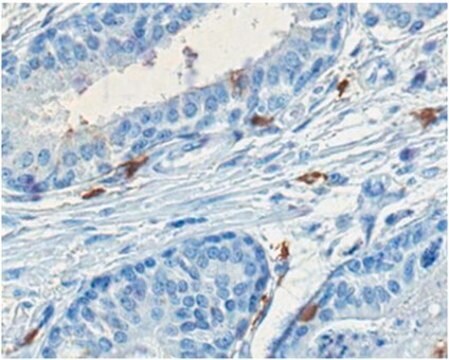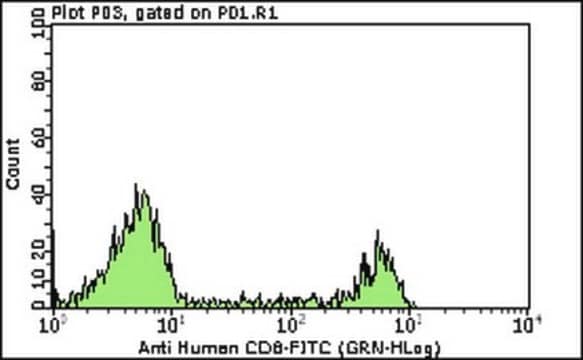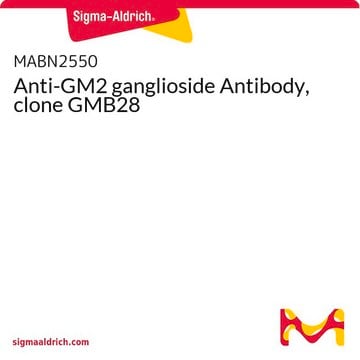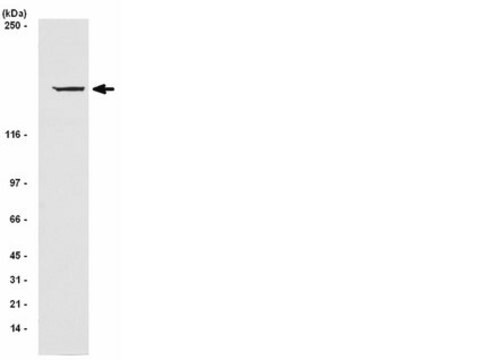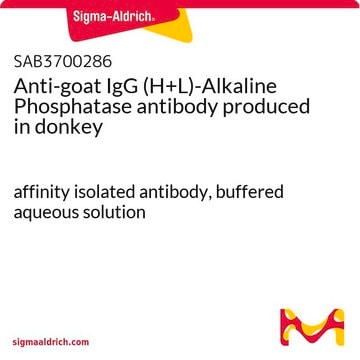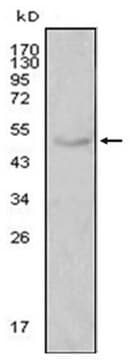MAB5608
Anti-GT1b Ganglioside Antibody
ascites fluid, clone GT1b-2b, Chemicon®
Synonym(s):
Anti-Ganglioside GT1b, GT1b Detection Antibody
About This Item
Recommended Products
biological source
mouse
Quality Level
antibody form
ascites fluid
antibody product type
primary antibodies
clone
GT1b-2b, monoclonal
species reactivity
rat, human, mouse
manufacturer/tradename
Chemicon®
technique(s)
immunohistochemistry: suitable
isotype
IgG2b
shipped in
dry ice
target post-translational modification
unmodified
Specificity
Immunogen
Application
Neuroscience
Neuronal & Glial Markers
Physical form
Storage and Stability
Legal Information
Disclaimer
Not finding the right product?
Try our Product Selector Tool.
Storage Class Code
10 - Combustible liquids
WGK
WGK 1
Flash Point(F)
Not applicable
Flash Point(C)
Not applicable
Certificates of Analysis (COA)
Search for Certificates of Analysis (COA) by entering the products Lot/Batch Number. Lot and Batch Numbers can be found on a product’s label following the words ‘Lot’ or ‘Batch’.
Already Own This Product?
Find documentation for the products that you have recently purchased in the Document Library.
Our team of scientists has experience in all areas of research including Life Science, Material Science, Chemical Synthesis, Chromatography, Analytical and many others.
Contact Technical Service